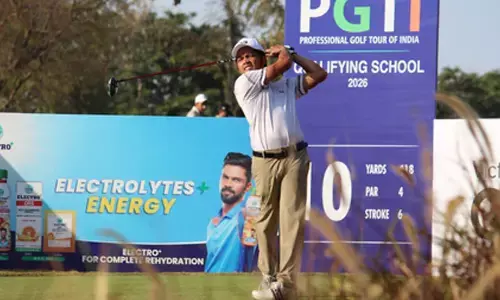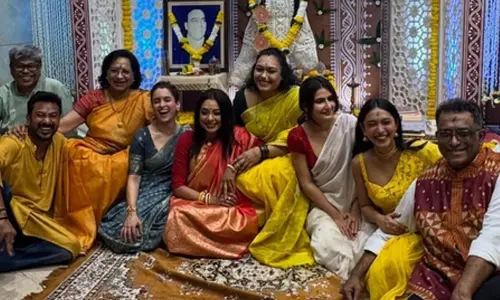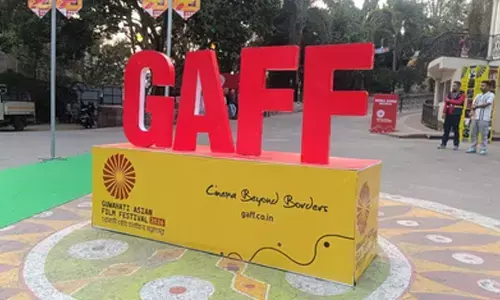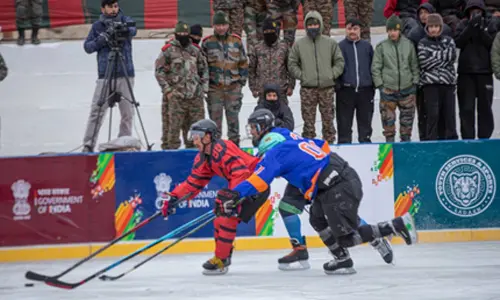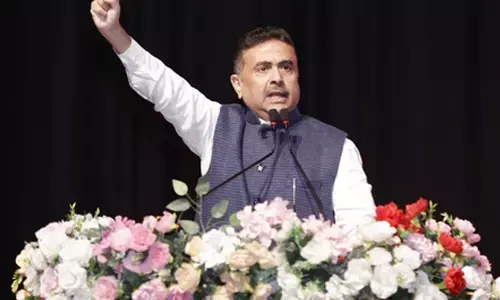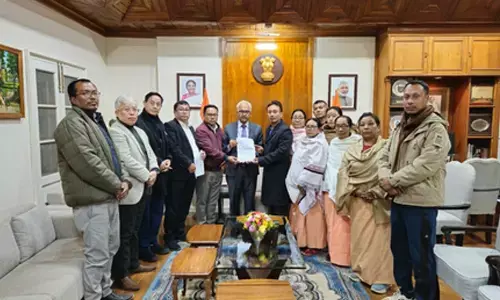Where India’s global dominance benefits world at large
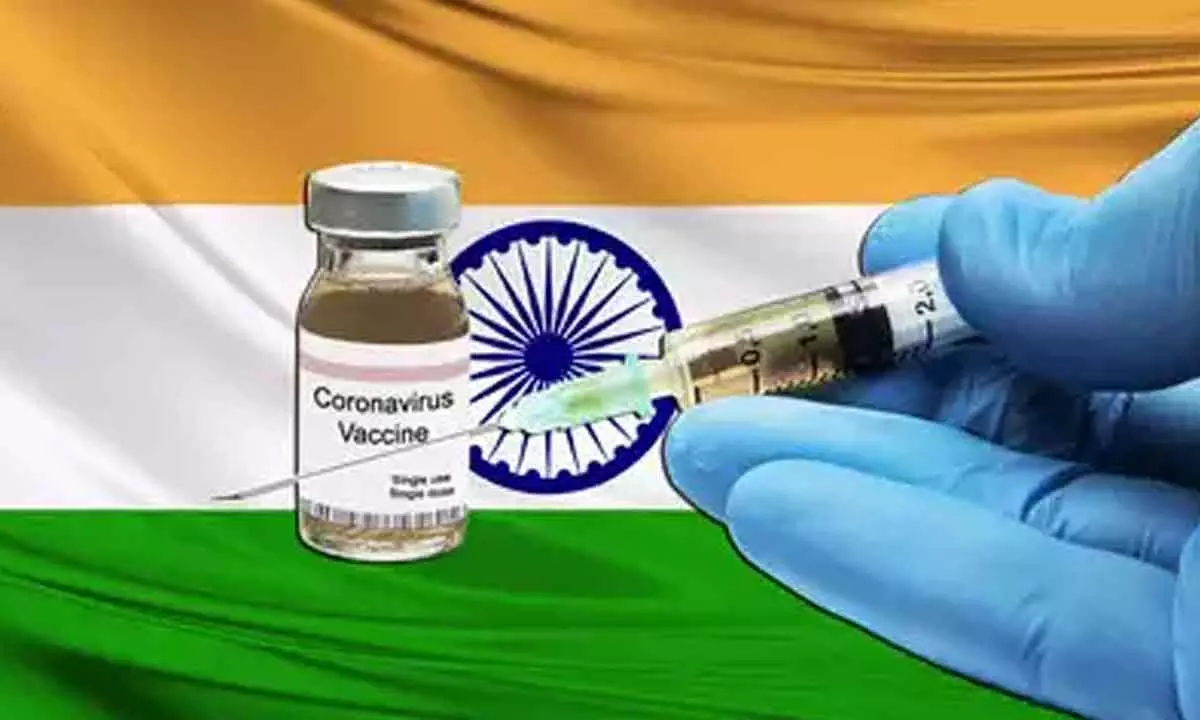
The Vaccine War helmed by Vivek Agnihotri earned accolades from Prime Minister Narendra Modi, for its gripping depiction of the efforts of resolute Indian scientists in the discovery of an indigenous vaccine to combat COVID-19, i.e., Covaxin developed and manufactured by Hyderabad-based Bharat Biotech. The PM cautioned against skepticism on India’s vaccine efforts, watering down the enthusiasm of Indian virologists in developing affordable vaccines. During COVID-19, India created the world’s most effective vaccine.
They even questioned our (India’s) vaccine...A new film called The Vaccine War has come. The eye-opening movie shows what our scientists did and saved lives of crores of people… I have heard that the hard work done day and night by our scientists to fight Covid in India has been depicted in this film. Every Indian is feeling proud after watching that film, he said. A deserving and lavish praise indeed.
Incidentally, the 2023 Nobel Prize for Physiology or Medicine has just been awarded to Katalin Kariko and Drew Weissman for developing the mRNA vaccine technology that became the foundation for history’s fastest vaccine development programme during the COVID-19 pandemic. mRNA vaccines use mRNA created in a laboratory to teach our cells how to make a protein – or even just a piece of a protein – that triggers an immune response inside our bodies. The mRNA from the vaccines is broken down within a few days after vaccination and discarded from the body. Thus, they are safe to use.
India’s first indigenous mRNA vaccine against the dominant Omicron variant of the COVID-19 coronavirus was developed by Gennova Biopharmaceuticals, with funding support from Department of Biotechnology (DBT) and Biotechnology Industry Research Assistance Council (BIRAC). Various global bodies including Nobel committee acknowledge the importance of new drugs and vaccines developed at the expense of governments and public funds, for the successful outcomes benefit the mankind at large. The technology-driven innovations towards the creation of future-ready platforms in any field are in line with the Prime Minister Modi’s vision of Aatmanirbharta.
Steady investments made by the GOI created a strong entrepreneurship as well as startup ecosystem, which paved way for our rapid response to combat the COVID-19 pandemic. The early 20th century saw expansion of smallpox vaccination, typhoid vaccine trial in Indian Army, and setting up of vaccine institutes across the country. In the post-independence period, shortage of vaccines spurred setting up of Dr Cyrus Poonawalla’s Serum Institute of India (SII) which took to making life-saving immuno- biologicals. Over the years, the country became self-sufficient in such vaccines as Tetanus Anti-toxin and Anti-snake Venom serum, followed by the DTP (Diphtheria, Tetanus & Pertussis) group of vaccines and then later on MMR (Measles, Mumps and Rubella) group of vaccines. Now, India contributes more than 50% of the global vaccine supply.
As international cooperation is key to advance vaccine development for emerging pathogens, India as president of G20 council even pushed for a Global Vaccine Research Collaborative to avoid duplication in research, and optimise resources for timely development of efficient and low-cost vaccines, ensuring equitable access to them at the global stage. The world is now counting on India for more, after it went out of its way to meet global needs during the trying times of COVID-19. And India is game for it.









